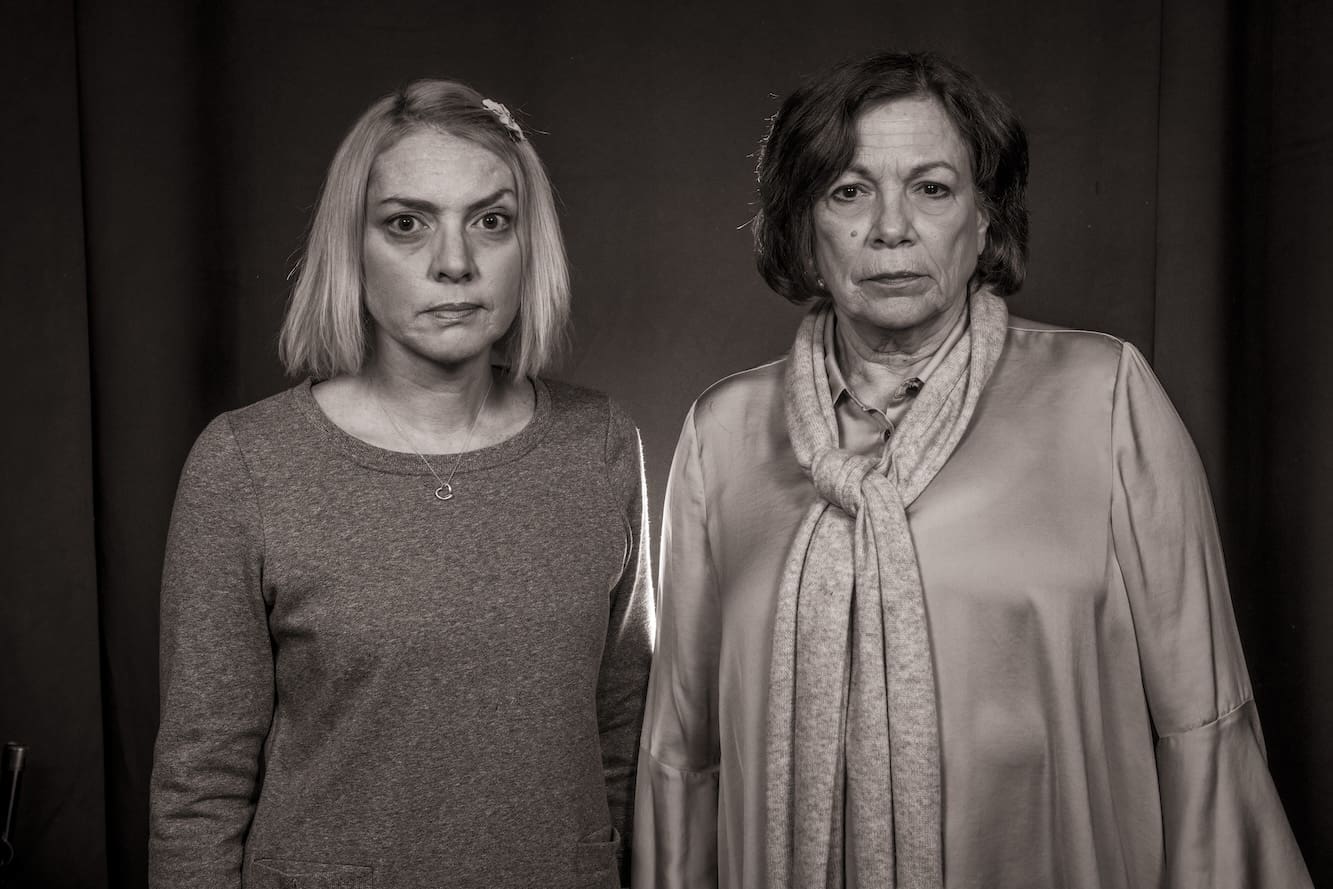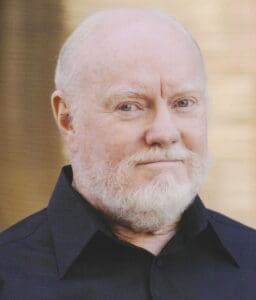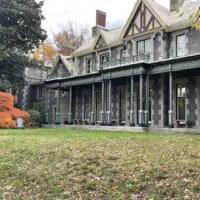

City Theater’s next production is “Dancing at Lughnasa,” an Irish memory play. Joe del Tufo for Moonloop Photography.
For Michael P. Toner, the vocal coach in the City Theater Company production of “Dancing at Lughnasa,” two of the most important things he offered coaching on were “dancing” and “lughnasa.”
“Dancing” was important because it’s pronounced differently in Ireland, where the play is set. Think of a broad “a,” as in family or random, he explained, contrasting it with the flat “a” in the Philadelphia accent that he grew up with (and shed).
RELATED: Delaware Theatre Co. unveils fun, thoughtful ’24-25 season
Dancing also represents a thematic motif in Brian Friel’s memory play revolving around the lives and loves of five sisters in a small Irish town. “They want to break out of their boredom and monotony through dancing, even if it’s only momentarily,” he said. “It’s quite magical.”
“Lughnasa” is a pre-Christian harvest festival that also represents a time for men and women to find potential spouses, he explained. And it’s pronounced LOON-uh-sah.
City Theater closes its 30th season with the play, April 19-27 at The Delaware Contemporary on the Wilmington Riverfront.
The autobiographical drama, dedicated to Friel’s mother and aunts, plays out through the memories of its narrator, who recounts the events of a single summer from his childhood in 1936 Ireland. It debuted in Ireland in 1990, won three Tonys in 1992 and was filmed with Meryl Streep in 1998.
RELATED: How Candlelight prepares for all those endings of ‘Drood’


City Theater artistic director Kerry Kristine McElrone and “Dancing at Lughnasa” director Mary Catherine Kelley. Joe del Tufo for Moonloop Photography.
City Theater artistic director Kerry Kristine McElrone picked “Dancing at Lughnasa” in a nod to “James Joyce’s The Dead,” another Irish play with music as its thread, which it produced in 2014.
“Both are beautifully told memory plays that quite literally dance around family relationships and how they impact our lives, for better or for worse,” said McElrone, a performer in both. “It’s a poignant story about change and its power to both strengthen and tear apart the strongest of bonds.”
“ ‘Dancing at Lughnasa’ is at once funny and sad,” Kelley said. “It’s full of memorable characters who entertain us and hold us captive. If art is about ‘holding a mirror up to nature,’ this play delivers, holding a mirror up to our own lives, reflecting our humor and frailty and resilience.”
The Irish connection
Most of the City Theater cast has some Irish heritage, and all but one performer – Éibhleann Clyne, with her distinctively Irish first name – is a City Theater veteran.
“They have good ears and pick things up easily,” Toner said. “They’re a delight to work with.”
RELATED: 5 students named young playwrights by Delaware Theatre Co.
The praise is mutual. “Michael is an absolute delight,” McElrone said. “He was my dialect coach for a production of this play many years ago as an undergrad, and when I decided to do it this season at CTC, he was the first person I reached out to.”
Another strong Irish connection comes from director Mary Catherine Kelley, whose heritage is from County Donegal, where the play is set, in a fictional town called Ballybeg.


Michael P. Toner is the dialogue coach of the City Theater production of “Dancing at Lughnasa.”
Toner lived in Ireland for two years while he earned his master’s degree in Anglo-Irish literature and drama from University College Dublin, following his bachelor’s in English lit from LaSalle.
Succeeding as a dialect coach involves not just mastering pronunciation but also idiomatic expressions and syntactical structures, said Toner, who has been acting, directing, dialect-coaching and specializing in Irish theater for five decades.
RELATED: Middletown HS to stage Harry Potter ‘Cursed Child’ this fall
He has performed and directed “Dancing at the Lughnasa” at the Belfast Maskers, a community theater in Maine that he helped to found (and yes, it’s name after the Irish city).
He’s performed in several other Friel plays and admires the playwright so much – “Brian Friel is one of the most eloquent playwrights I have ever worked with, and I even had tea with him and his wife at his home in the 1980s” – that he developed “The Humours of Ballybeg,” a one-man play based on Friel’s works.
In Ireland, accents are both geographic and also reflect class, especially for the landed gentry who trace their roots back to Britain, Toner said. He chose to teach a common rural dialect. Nailing that dialect involved “finding the rhythm of the language.” It also involved hitting the consonants that end words for clarity, and getting the emotions out of the vowels that are so prevalent in Irish.
He has advised the actors to slow down for the first 10 minutes so that the audience can develop some familiarity. And if needed for clarity, he suggested that they use American rather than Irish pronunciations. For example: what Americans would call “oil” sounds like “aisle” in Ireland.
Toner also has studied, taught and performed in Cockney and Scots dialects. “I have an ear for languages in general,” he said. “Accents fascinate me. They delineate character.”
“Dancing at Lughnasa” runs 8 p.m. April 19, 20, 24, 25, 26 and 27 and 2 p.m. April 21 at The Delaware Contemporary, 200 S. Madison St., Wilmington. Tickets are $45-$15 and are now available.
Share this Post








